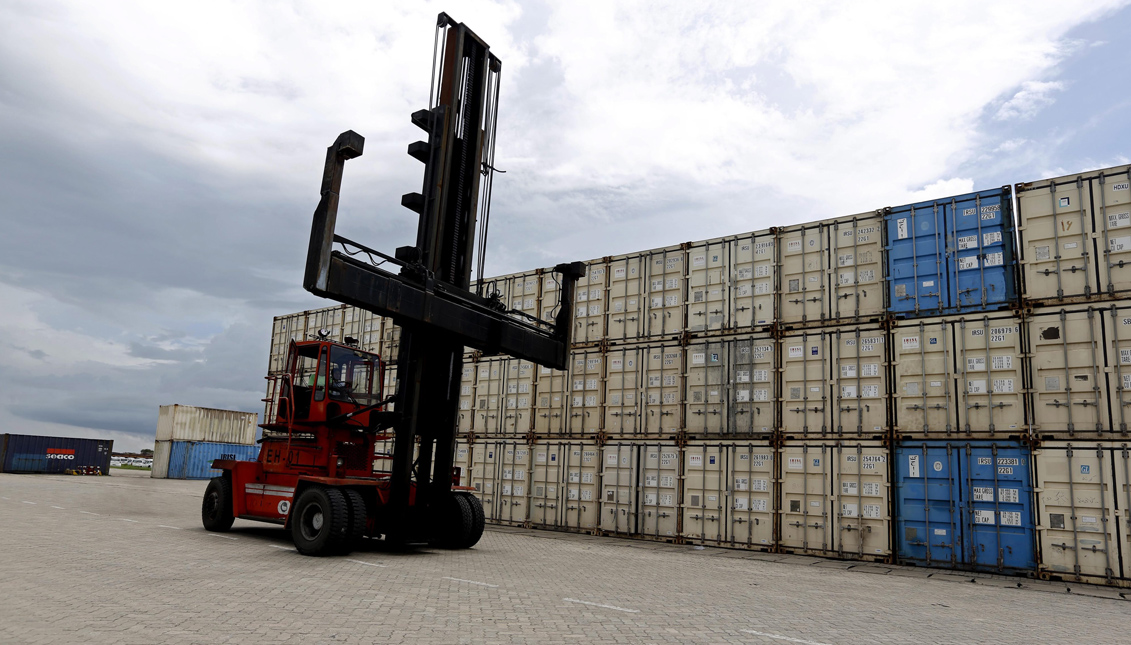
[OP-ED]: The TPP lives -- maybe!
MORE IN THIS SECTION
The Trans-Pacific Partnership (TPP) is dead, but could it have an afterlife?
Maybe.
Among President Donald Trump’s first acts was an order withdrawing from the TPP. This fulfilled Trump’s campaign promise to torpedo the high-profile agreement between the United States and 11 other Pacific Rim countries, led by Japan and Mexico. As important, it symbolized Trump’s conviction that ineptly negotiated trade agreements are at the core of America’s economy’s problems.
Given this background, it seems astounding that anyone would suggest that the TPP may rise from the dead, with a new name and slightly altered provisions. Yet, that’s the message of a new study from the Peterson Institute for International Economics, a think tank and unabashed advocate of TPP.
Written by Jeffrey Schott, the study makes two general points, one political and the other economic.
RELATED CONTENT
The political point is that, despite Trump’s repudiation, TPP still has substantial backing on Capitol Hill. Schott says that both Sen. Orrin Hatch, R-Utah, and Rep. Kevin Brady, R-Texas -- the chairmen respectively of the Senate Finance Committee and the House Ways and Means Committee, the two panels responsible for trade legislation -- “strongly support” TPP, as do many other members of Congress.
Similar support exists abroad, Schott argues. “Since the U.S. election, the leaders of Japan, Singapore, Australia and New Zealand have emphasized the strategic importance of TPP for their countries and for leadership in the region,” he writes. The main reason is China. “U.S. withdrawal from TPP effectively opens the door for China to assert a more pronounced leadership role,” writes Schott.
The economics reinforce the politics. Contrary to Trump’s opposition, Schott says, the TPP would strengthen demand for U.S. exports. Some of these sales will now be lost to foreign competitors, because they will negotiate their own “free trade agreements (FTAs),” lowering import barriers between them. American firms will be at a disadvantage. “U.S. beef and pork exporters already face loss of market share in Japan due to the Japan-Australia FTA,” he says.
Meanwhile, Schott says, with American markets already open to most trade, U.S. trade negotiators gave up very little. Even a small 2.5 percent tariff on imported autos will be phased out only over 25 years. Little wonder, Schott notes, that “almost every major U.S. farm and industry association supports the TPP.”
On its face, all this constitutes a powerful case for reviving TPP. But, despite this, “there is [as yet] no indication that the Trump administration would consider revisiting the pact,” Schott writes. He speculates that Trump will change his mind. First he’ll concentrate on his still-unveiled tax and spending proposals. If Congress approves these, he will have more freedom to negotiate modest trade changes and ditch the Obama-era title of “Trans-Pacific Partnership.”
This may be plausible -- or just wishful thinking.







LEAVE A COMMENT:
Join the discussion! Leave a comment.